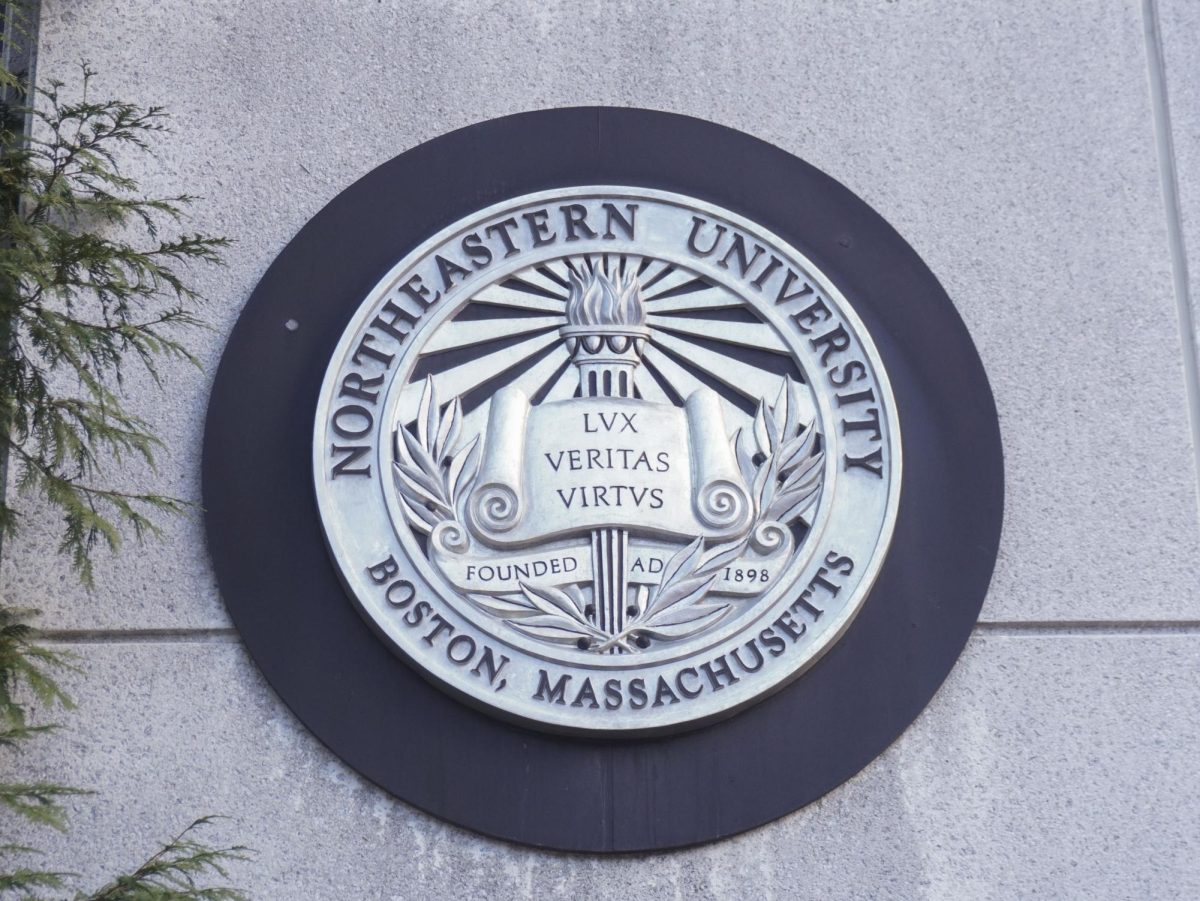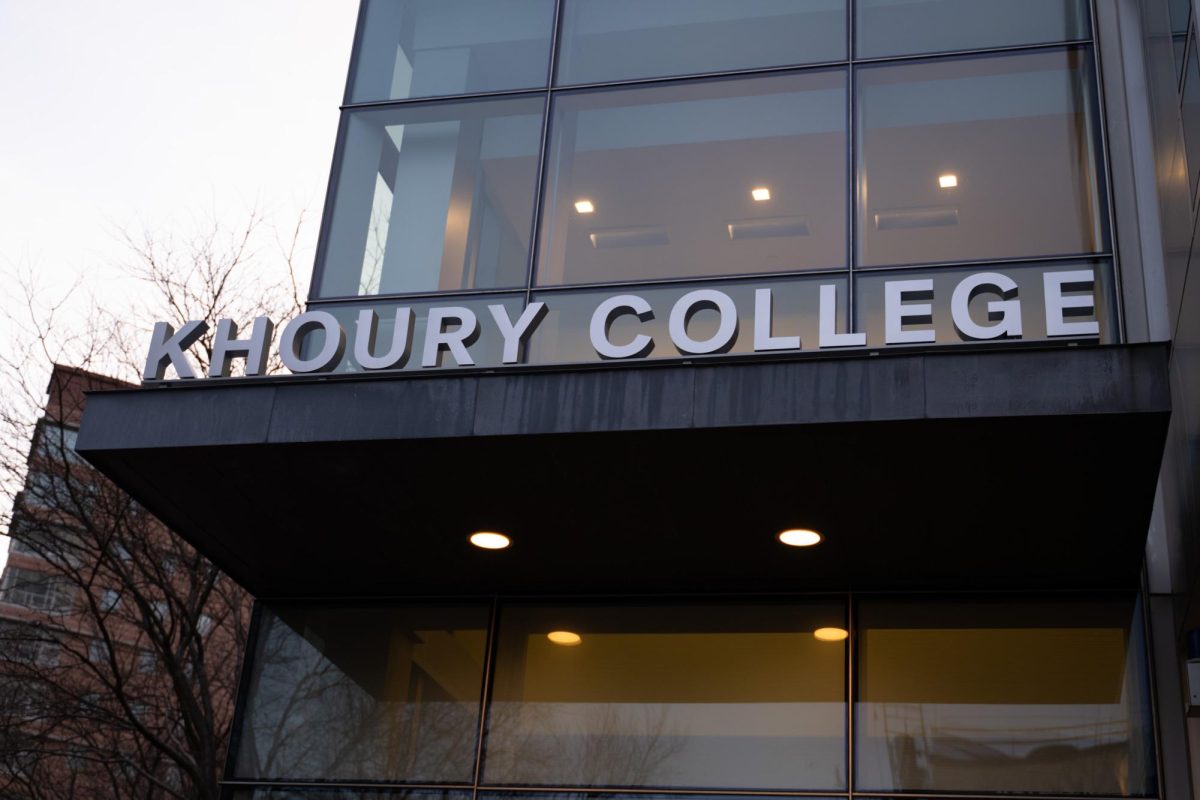By Najla Moussa
For Muslims everywhere, Nov. 6 is the start of Ramadan, the holy month. It is also a time for Muslim foreign students everywhere to feel closer to home.
Depending on a combination of physical sightings of the moon and astronomical calculations, Ramadan should take place from around Wednesday Nov. 6 to Dec. 5 this year. It is a month long practice which all Muslims are required to partake in.
While participating in Ramadan, Muslims fast everyday between sunrise and sunset. During these fasting hours, they must abstain from eating, drinking, smoking and marital sex. Once the sun goes down, they break their fast and have ‘iftar’ or breakfast.
Ramadan is a significant time of year because it brings Muslims from all over the world together for a month of celebration and tradition. It is a time to remember the poor and the needy. It is also a time to be grateful and thankful to God.
This custom is no stranger to Northeastern University which has roughly over 1,000 Muslim undergraduate and graduate students.
Students observing Ramadan struggle for a long, grueling month between classes, exams, and fasting and praying five times a day.
“Ramadan is much harder in the States than in Saudi Arabia. At home, classes end before iftar and the food is always prepared for you so you don’t have to worry about what your going to eat,” says Wesam Kattan, a junior MIS major.
For these Muslims, there are no visible signs of Ramadan. There aren’t the customary lanterns that adorn schools and universities in Muslim countries or the call to prayer that pulsates from the many mosques into the cities.
The aroma of home-cooked food that is ritually served during Ramadan is not something these students can take for granted.
At Northeastern, many classes go on until 5 p.m., which means students are still in class when it’s time to break their fast. For these students, water or gum is used to help break their fast until they can leave and eat a substantial meal. During exams, students on a tight schedule end up breaking their fast at McDonald’s or Burger King, a far cry from how their fellow students in their native countries eat during Ramadan.
The greatest comfort these Muslims have is that they are not doing this by themselves. At Northeastern alone, there are several hundreds of students who are going through the same thing.
To aid and support its Muslim community, Northeastern’s Islamic Society will be holding free iftars Monday through Friday at 5 p.m., at 403 Ell Hall.
The Friday prayer will be held at 1 p.m., at 443 Curry center. The Islamic Society will also hold a “Ramadan Reception” on November 18, in which President Freeland will attend.
The Society will also have a prayer schedule and free translated Koran’s which students can take from their main office, which is located at 308 Ell Hall.
“We would love to help students understand more about Islam and the Koran if they want to,” said Zina Saadi, the sister representative of the society.
For more information, call extension 2729 or visit their website, www.islamicsociety.neu.edu









